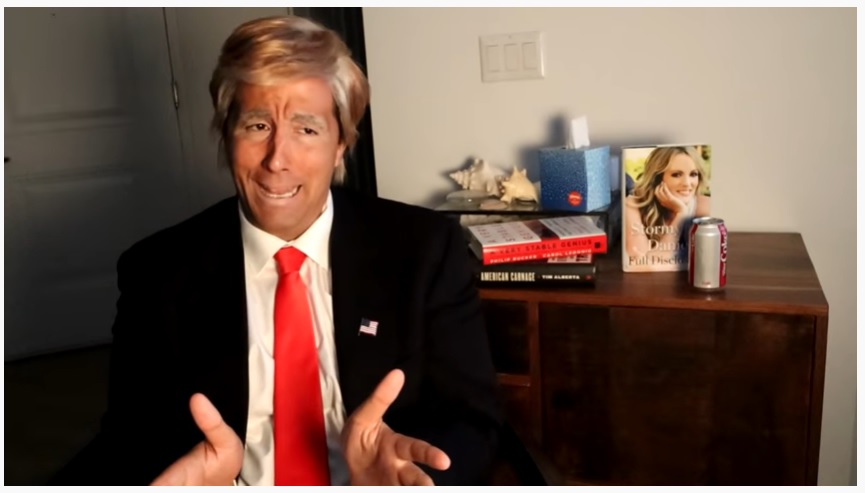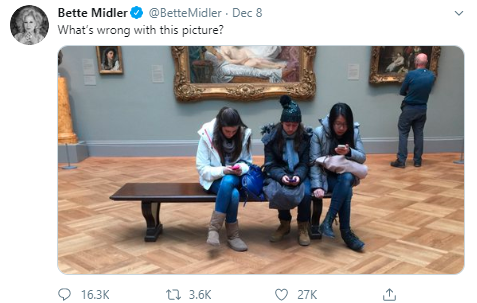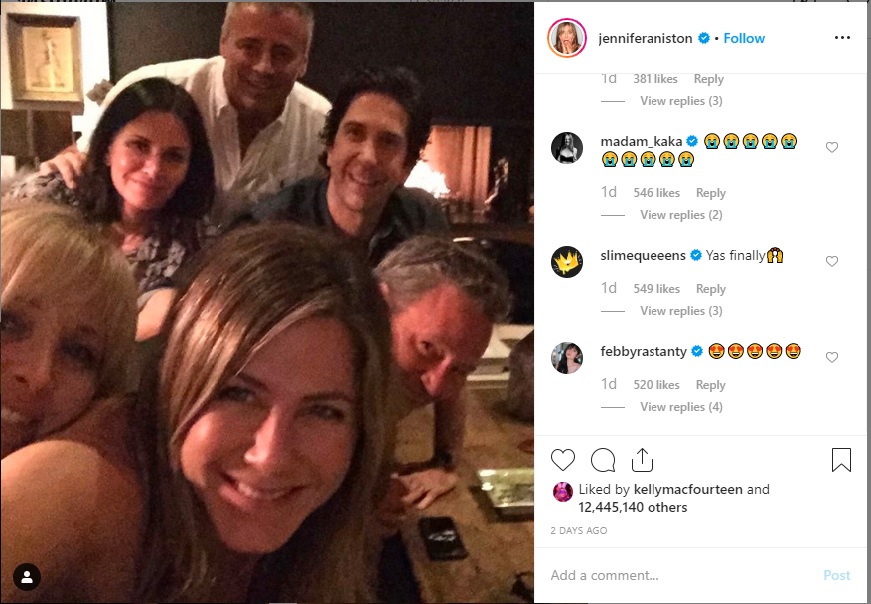Your Personal Twitter Account? There's No Such Thing.
If you spend enough time on social networking sites, you’ll see thousands of profiles with this disclaimer: “The views expressed here do not represent those of my employer.”
Nonsense!
For practical purposes, there is no difference between your personal accounts and your professional ones. If the words, photos, and videos you post to your personal accounts reflect badly on you or your employer, you may find yourself suddenly embroiled in a major corporate crisis – or out-of-work.
Just ask the executive from the PR firm Ketchum, who tweeted, “I would die if I had to live here!” after landing in Memphis in 2009. He sent the Tweet from a personal Twitter account, not an official Ketchum account. Unfortunately for him, his client in Memphis, Federal Express, saw the Tweet. They weren’t amused. The executive left Ketchum within a few months.
He’s far from alone. Consider these examples of other people who committed a major social media gaffe in 2011:
- Designer Kenneth Cole was forced to apologize after sending out an insensitive tweet about the Egyptian revolution that killed hundreds. (Professional Account)
- Comedian Gilbert Gottfried was fired as the voice of the Aflac duck after making an insensitive “joke” about Japanese tsunami victims. (Personal Account)
- GoDaddy.com CEO Bob Parsons lost thousands of customers after he uploaded a YouTube video of himself killing an elephant during an African vacation. (Professional Account)
- UCLA college student Alexandra Wallace dropped out of school shortly after posting an anti-Asian rant on YouTube. (Personal Account).
- New York University Fellow Nir Rosen was forced to resign after making insensitive comments on Twitter about a journalist who was raped. (Personal Account)
See? No difference. If you were to switch out the word “personal” for “professional” (or vice versa) in each of the above stories, the end result would have been the same.
ANOTHER REASON TO BE CAREFUL WITH YOUR “PERSONAL” PAGES
Beyond the P.R. fallout from these types of gaffes, there’s at least one other reason to be careful with your “personal” pages. The majority of hiring managers – some studies suggest more than 80 percent – now look at a prospective employee’s social media accounts before making a final hiring decision. An objectionable post can be all it takes to eliminate a job candidate.
Yes, it’s okay to have personal and professional accounts with different content on each. It’s usually okay to use personal networks to post family photos, root for your favorite sports teams, or express a negative opinion about a new film.
But except for people or organizations that are expected to push the limits (stand up comedians have more license than most of us, and even then only sometimes), steer clear of crass references to sex, gender, race, religion, or sexual orientation.
Most of you already know this. But your colleagues may not be clear on the line between personal and professional social media accounts, and it may fall on you to educate them.
The best advice you can offer them is also the simplest: Before hitting “send” on your post, stop and take a moment to review it one final time. And remember one rule of the Internet age: Once it’s out there, it’s out there forever.
Like our tips? Please sign up for our monthly email, chock full of tips to make you a better public speaker or media spokesperson. Sign up box is in the upper right corner of the blog.





Very good points. Sounds like an issue here is understanding there are no “private” social media channels. (I would see the term as a contradiction.) Too many people tweet or post to the E-ether to vent, thinking no one will ever see it (i.e., it’s private).
If you have to vent, tell your dog. He won’t tell anyone.
Furthermore, even if your personal facebook account is ‘ private’, wont stop a determined journalist from getting access… How well do you really trust your facebook network to not sell you out for access to your profile?
I follow a lot of HR blogs, and it seems that there is some push back to the idea that employers always have the right to fire someone for their activity on social networking sites – which I think is a good thing by and large. http://www.btobonline.com/article/20111005/SOCIAL/310049996/workplace-social-policy-gets-an-overhaul#seenit
I also try to keep certain profiles personal. Meaning professional contacts aren’t a part of that network. This was done largely because Facebook made it so hard to keep the personal and professional separate. It works for me, and I check my privacy settings frequently.